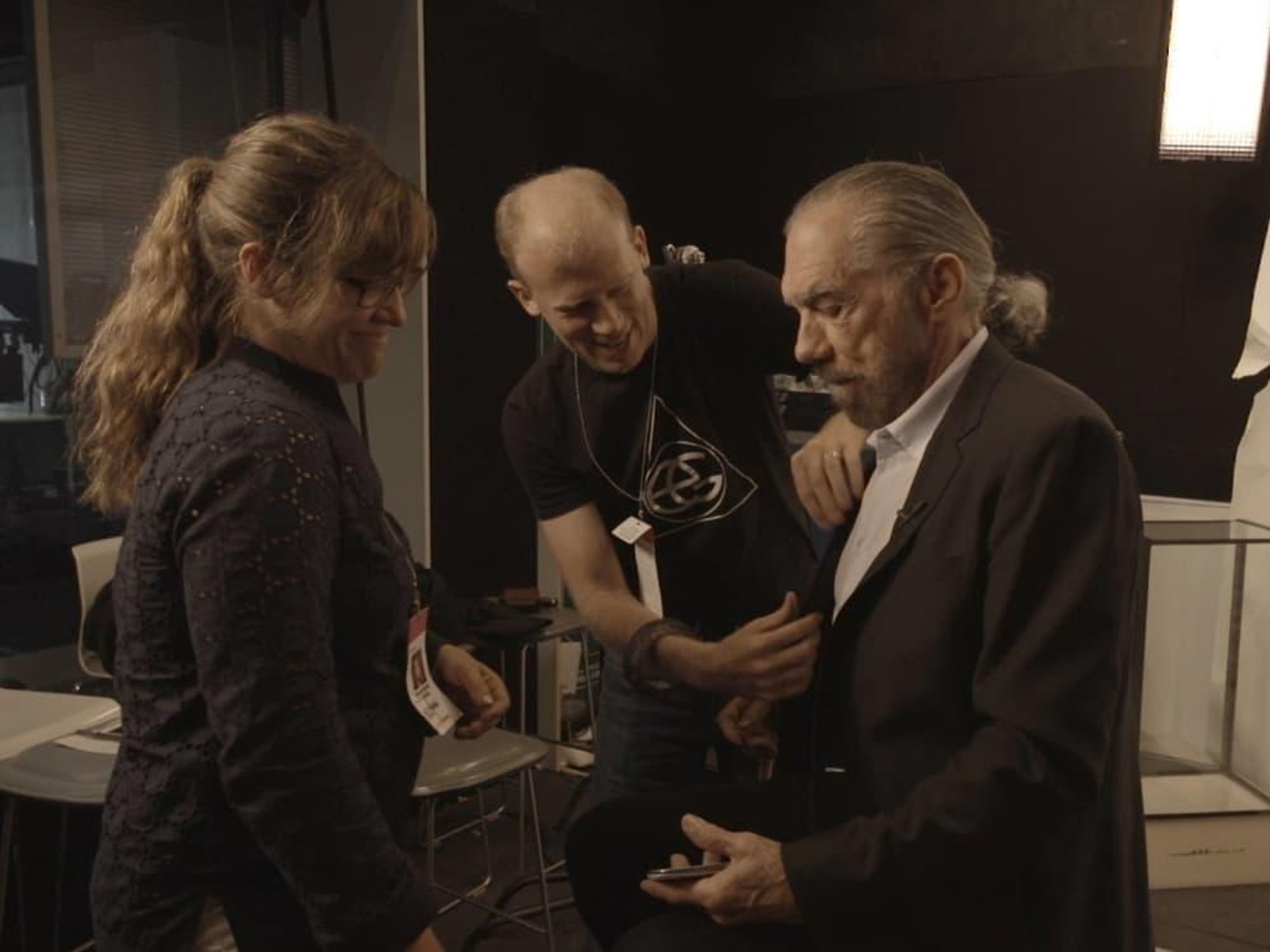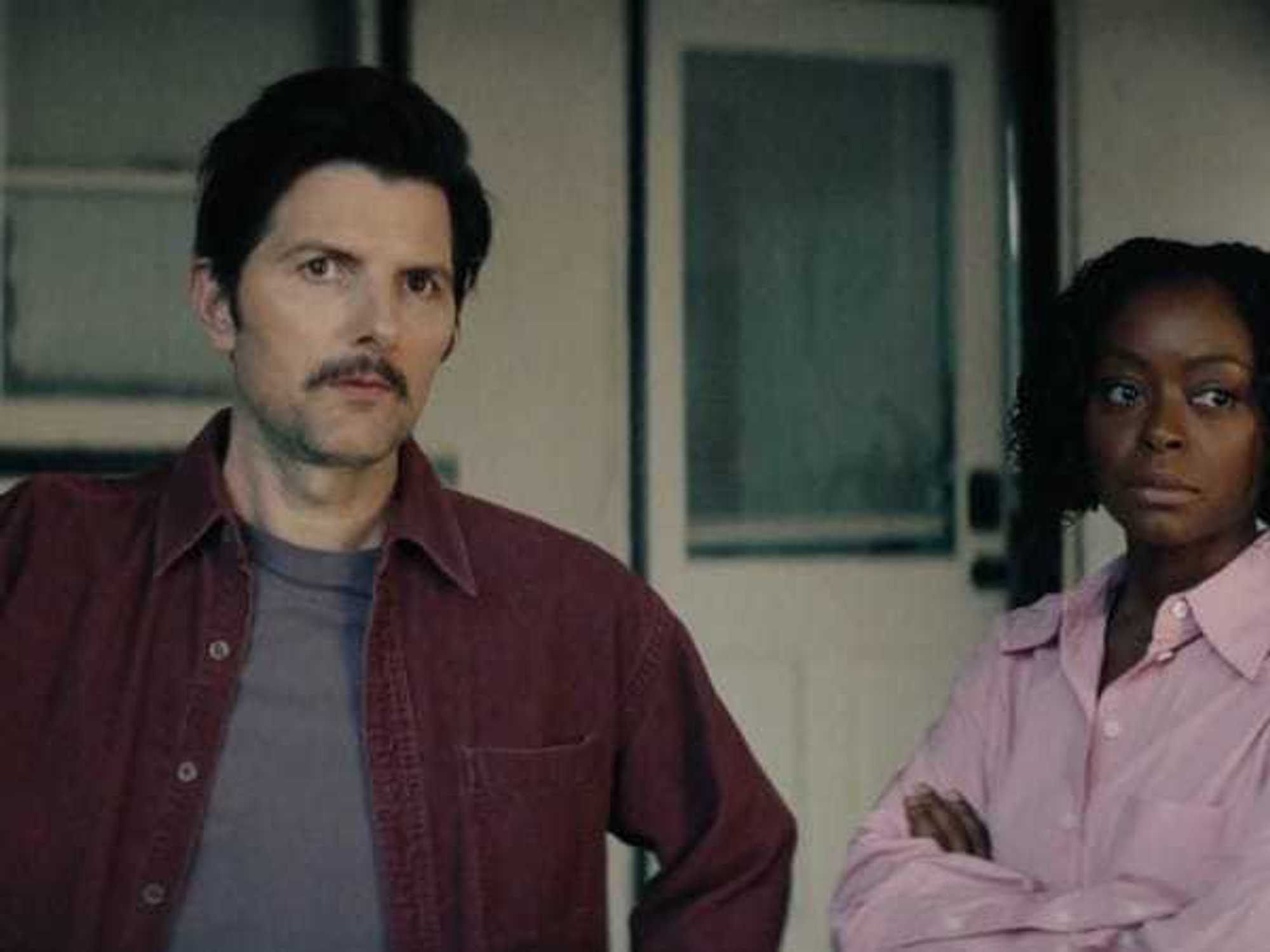Fortune Favors the Kind
Altruistic Austinite is the bankable subject of award-winning documentary

In America, we are told we can be — and achieve — anything we want. Our fascination with the self-made man lies in the fact that those who truly succeed in that role are few and far between.
This is why the new documentary Good Fortune is such compelling viewing. It's the story of billionaire entrepreneur and native Los Angelino John Paul DeJoria, who is now based in Austin, and is a passion project of filmmakers Josh Tickell and Rebecca Harrell Tickell, whose previous films include the documentaries Pump, The Big Fix, and Fuel.
A breezy look at how DeJoria went from homeless biker to billionaire co-founder of Paul Mitchell hair products and Patrón tequila, Good Fortune came about through a fortuitous meeting at the Sundance Film Festival seven years ago.
“They won the audience award for Fuel and I got to meet them,” recalls DeJoria. “I did a little film for them on electric cars. One thing led to another, and they turned (my life story) into a documentary. We entered the Sedona Film Festival and not only won best documentary but the best of the festival, and Lion’s Gate picked it up.”
It’s surprising that no one thought of DeJoria as a natural documentary subject in the past. The arc of his life is nearly mythic. Raised poor alongside his brother by a single mother in LA’s Echo Park (friend Danny Trejo jokes in the film DeJoria didn’t know he wasn’t Hispanic until he was 16), he was taught to give back something even when he had nearly nothing.
“At 6 years old my mom and I gave a dime to a guy ringing a bell,” he recalls. “I said, ‘Mom, that’s two Coca-Colas and three candy bars,’ and she said, “Boys, that’s the Salvation Army, they take care of people who don’t have a house or food to eat.’”
After a stint in the Navy and the implosion of his first marriage, DeJoria found himself in a similar spot, one of two times he was homeless. Despite dire circumstances, his “the only way is up” philosophy led him to continue to look on the bright side, so much so that in even recalling the most depressing situations he remains relentlessly cheery.
After succeeding in (but yet still being fired from) a series of sales jobs, DeJoria partnered with hairdresser Paul Mitchell in 1980, turning his boutique line of products into a runaway success with the investment of just a borrowed $700.
“I knew Paul for nine years before we started a business together,” he says. “Our backer pulled out and we did it anyway. Our dream was maybe we’d do $5 million a year, and that was all the money on the planet. Little did we know what would happen.”
The company was already a success when its namesake and co-founder died, and DeJoria stepped from behind the scenes into the spotlight, turning it to an even bigger success in the process. Possibly most famous for his friendly, bearded visage staring out from the pages of 1980s fashion magazines, he drove sales up to their current status of over $50 million yearly.
Not content to settle on his laurels, DeJoria followed that up by co-founding Patrón, currently the world’s No. 1 ultra-premium tequila, as well as ROK Mobile and Aubio, an over-the-counter cold sore gel. Although the film touches on these highs, what sticks with the viewer is not only how DeJoria treats his employees, but also how he treats human beings in general.
Says co-director Josh Tickell, “J.P. is one of the rare individuals in today's society who imbibes his business practices with his real world ethos of first taking care of people and the planet, and then — and only then — making a profit. He's cool, he's real, and he is a refreshing antidote to the cynicism that seems so commonplace in America.”
Bookended with scenes of its star appearing on Shark Tank, the film highlights DeJoria’s ability to think completely differently than the rest of the one percent. As Mark Cuban and the other sharks in the tank try to convince the Florida-based creator of the Tree-T-PEE water conversation system to jack up his prices, DeJoria is the only one to buy into the concept, keeping finances low for farmers so that they can afford it.
This egalitarian thinking separates DeJoria from his equally successful brethren and makes Good Fortune work. When the bottom line is “profit, people, planet,” everyone succeeds.
DeJoria, who contributes to a plethora of charities with a special focus on animals, children, cancer research, the environment, and healthy food, explains his philosophy in terms anyone can understand.
“I do what I can, and I work it into my style of life," he says. "The right thing for me to do was make the film, because hopefully it influences others in a good way. The average person can wake up every morning and smile at the first three people you see. Find [a charity] you like, and just volunteer some time.”
